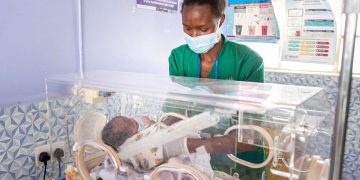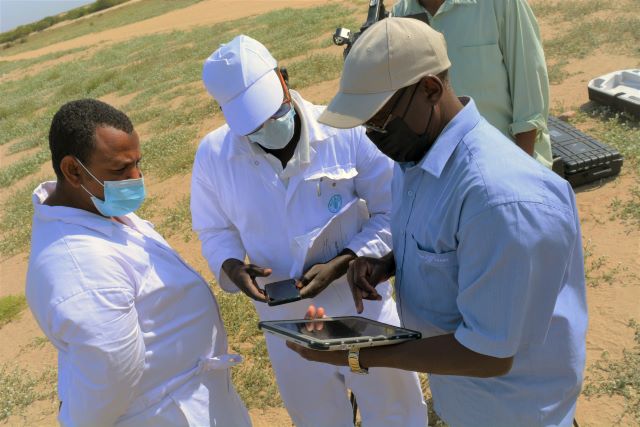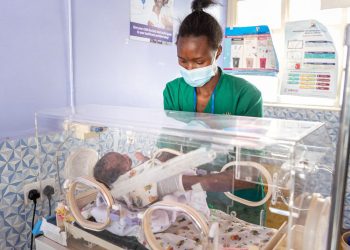By Samwel Doe Ouma @samweldoe
Improved early warning systems are needed to reduce the risk from unknown emerging
zoonotic diseases – diseases that can spread between animals and people, a One
Health Intelligence Scoping Study (OHISS) by Food and Agriculture Organization (FAO)
says.
Quadripartite, including the Food and Agriculture Organization of the United Nations
(FAO), the World Organization for Animal Health (OIE), and the World Health
Organization (WHO), and the United Nations Environment Program (UNEP) are joining
hands to conduct a comprehensive One Health Intelligence scoping study (OHISS).
The One Health Intelligence System (OHIS) framework being developed will support the
integration of surveillance and other relevant activities across the One Health domains
at national and international levels. This will improve early detection and the ability to
respond effectively to emerging and ongoing threats.
“This will be delivered through identification of an operational framework for enhanced
sharing of information between the environment, agriculture, animal and human health
sectors. Better data sharing will allow increased integration, analysis and reporting, and
provide the basis for improved intelligence of emerging and ongoing threats,” The report
says.
Based on the findings from the OHHIS, it will further help develop a coordinated global
One Health intelligence and early warning framework and system that will significantly
enhance national and global detection, assessment, and response to health hazards.
Today’s globalized and hyper-connected world allows the rapid spread of diseases
across borders. In this context, disease intelligence systems need to be far more
efficient at capturing big data, far more sensitive to detect unusual events, and have the
ability to rapidly share information.
By collecting and sharing epidemiological data and laboratory information across
sectors and borders, countries will more effectively anticipate and respond to plant,
animal and foodborne disease outbreaks.
Since its launch in December 2021, the OHISS the study has engaged with experts,
groups and initiatives across the different sectors of animal, human and ecosystem
health, to support the design of a global One Health Information System.
OHISS calls for review of existing information systems and developing a global One
Health intelligence framework for improved early detection and risk assessment.
Zoonotic pathogens can emerge at any time, threatening all societies' health and well-
being, including economies. As the health of humans, animals, plants and the wider
environment are closely linked and interconnected, the data and information collected
and assessed for an effective One Health intelligence framework will need to be broad-
based to enable early warning of emerging threats.
The Quadripartite alliance is working to reduce the global health threats at the animal-
human-environment interface and supporting the adoption of a One Health approach.
Global health security will be improved by developing the ability to prevent, predict,
detect and respond to emerging and ongoing threats.
In June 2021, the G7 Carbis Bay Health Declaration requested that the Quadripartite
alliance jointly undertake the OHISS to identify opportunities for further technical
harmonization of their systems to strengthen One Health Intelligence and to improve
global health security.
The OHISS is funded by the United Kingdom of Great Britain and Northern Ireland and
is being coordinated by FAO, as the lead agency for the project.
The study started in December 2021 and is to be completed in July 2022.














